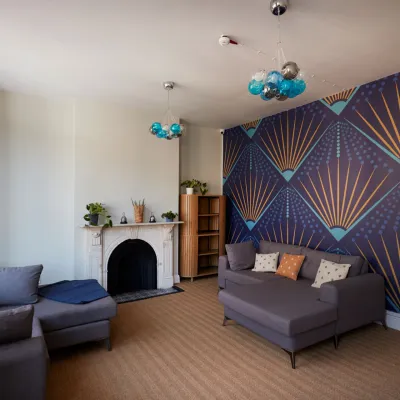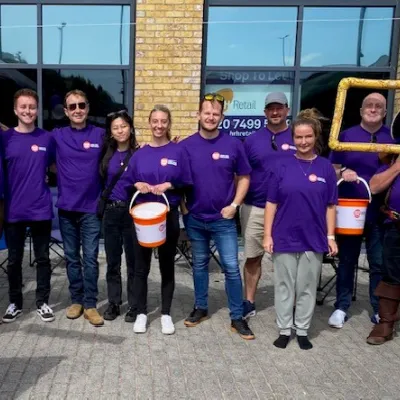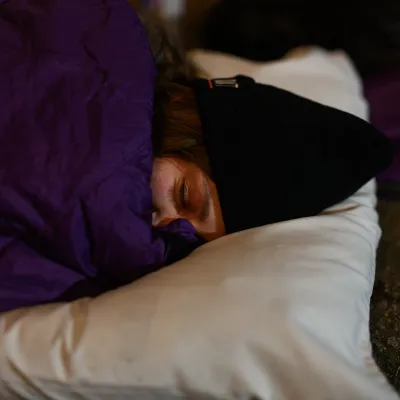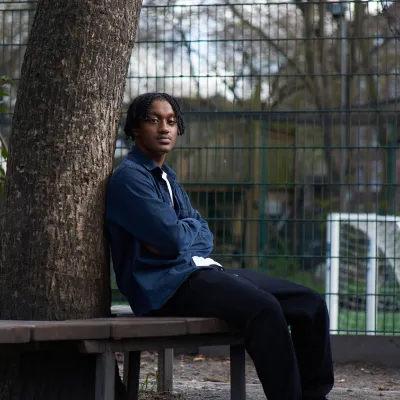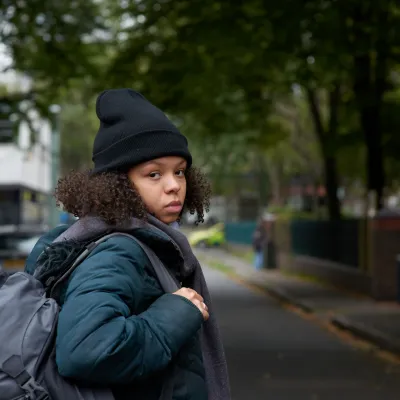At the start of the coronavirus lockdown, the Government’s ‘Everybody In’ scheme directed councils to bring all rough sleepers in from the streets. Emergency accommodation was offered to 5,400 people, including rooms in hotels and B&Bs that were otherwise unused. This strategy has no doubt saved lives, but as lockdown eases and council contracts with hotels come to an end, the future is uncertain for many homeless people.
Centrepoint responds to the government’s call
The Prime Minister’s advisor on rough sleeping, Dame Louise Casey, has called on charities to help with housing rough sleepers so that they do not return to the streets. In response, Centrepoint has offered to support homeless young people in three different ways:
- Floating Support: While young people are in emergency accommodation, we can provide floating support to ensure their health and education needs are being met, whilst helping them to find longer-term housing. Our dedicated staff already provide floating support to 570 young people, many of whom are based in Manchester and London, where the majority of rough sleepers are currently being accommodated.
- Housing First: Centrepoint has pioneered a Housing First service specifically for young people. This prioritises finding a suitable tenancy, while also providing high quality psychotherapy, bursaries and skills development. We ensure that young people can access the advice they need to stay healthy, manage money and maintain their new home. With government support, we can expand this service to young people leaving emergency accommodation.
- Supported Accommodation: Centrepoint has delivered supported accommodation for fifty years; we currently offer over 1,100 supported housing bed spaces to young people in crisis. We find that young people are able to turn their lives around when in an age-appropriate environment. Centrepoint is ready to work with the Government on increasing supported accommodation services for 16-25-year-olds.
Wider strategy to prevent and end homelessness
Ending rough sleeping will not happen in isolation from wider government strategy. Throughout this health emergency, councils must receive adequate funding in order to continue housing rough sleepers. Meanwhile, the Government must invest in floating support services to help homeless people maintain longer-term housing and avoid repeat homelessness.
Social housing must be central to the Government’s strategy. A critical lack of social housing stock has left many struggling to access a secure and affordable home. Both the overall number of new social lettings and the proportion allocated to young households have seen significant decline. Such limited supply has led to strict local allocations policies, which leave young people on low incomes completely locked out.
Alongside social housing, private renting also has an important role to play. To ensure this is an option for people leaving emergency accommodation, the Government must set housing benefit rates at a realistic level compared to local market rents. Urgent action is needed to address the fact that under-25s still receive the lowest rate of housing benefit, even when they are homeless.
This is a unique opportunity to put an end to rough sleeping and to address the ‘hidden homelessness’ across the UK. As we move towards the next phase of the coronavirus response, Centrepoint has an important role to play: we will work with local and central government to ensure that young people receive the tailored support they need to avoid ending up on the streets.

